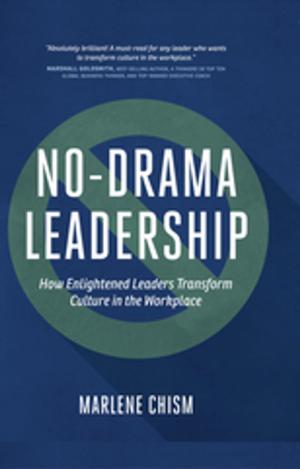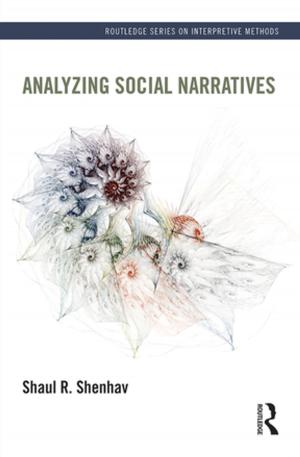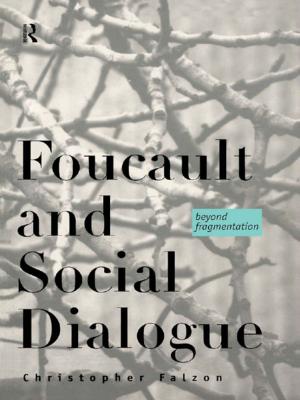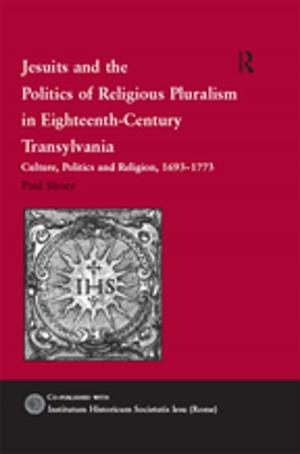Midlife Transformation in Literature and Film
Jungian and Eriksonian Perspectives
Nonfiction, Health & Well Being, Psychology, Psychoanalysis, Mental Health| Author: | Steven F. Walker | ISBN: | 9781136581540 |
| Publisher: | Taylor and Francis | Publication: | March 12, 2012 |
| Imprint: | Routledge | Language: | English |
| Author: | Steven F. Walker |
| ISBN: | 9781136581540 |
| Publisher: | Taylor and Francis |
| Publication: | March 12, 2012 |
| Imprint: | Routledge |
| Language: | English |
In this book, Steven F. Walker considers the midlife transition from a Jungian and Eriksonian perspective, by providing vivid and powerful literary and cinematic examples that illustrate the psychological theories in a clear and entertaining way.
For C.G. Jung, midlife is a time for personal transformation, when the values of youth are replaced by a different set of values, and when the need to succeed in the world gives place to the desire to participate more in the culture of one’s age and to further its development in all kinds of different ways. Erik Erikson saw "generativity," an expanded concern for others beyond one's immediate circle of family and friends, as the hallmark of this stage of life. Both psychologists saw it as a time for growth and renewal. Literary texts such Virginia Woolf's Mrs Dalloway, Shakespeare's Antony and Cleopatra, or Sophocles' Oedipus the King, and films such as Fellini's 8 ½ and Campion's The Piano, have the capacity to represent, sometimes more vividly and with greater dramatic concentration than actual life histories or case studies, the archetypal nature of the drama and in-depth transformation associated with the midlife transition.
Midlife Transformation in Literature and Film focuses on the specific male and female archetypal paradigms and presents them within the general context of midlife transformation. For men, the theme of death of the young hero presides over the crisis and the transformative ordeal, whereas for women the theme of tragic abandonment acts as the prelude to further growth and independence.
This book is essential reading for anyone studying Jung, Erikson, or the midlife transition. It will interest those who have already been through a midlife transition, those who are in the midst of one, as well as those who are yet to experience this challenging period.
In this book, Steven F. Walker considers the midlife transition from a Jungian and Eriksonian perspective, by providing vivid and powerful literary and cinematic examples that illustrate the psychological theories in a clear and entertaining way.
For C.G. Jung, midlife is a time for personal transformation, when the values of youth are replaced by a different set of values, and when the need to succeed in the world gives place to the desire to participate more in the culture of one’s age and to further its development in all kinds of different ways. Erik Erikson saw "generativity," an expanded concern for others beyond one's immediate circle of family and friends, as the hallmark of this stage of life. Both psychologists saw it as a time for growth and renewal. Literary texts such Virginia Woolf's Mrs Dalloway, Shakespeare's Antony and Cleopatra, or Sophocles' Oedipus the King, and films such as Fellini's 8 ½ and Campion's The Piano, have the capacity to represent, sometimes more vividly and with greater dramatic concentration than actual life histories or case studies, the archetypal nature of the drama and in-depth transformation associated with the midlife transition.
Midlife Transformation in Literature and Film focuses on the specific male and female archetypal paradigms and presents them within the general context of midlife transformation. For men, the theme of death of the young hero presides over the crisis and the transformative ordeal, whereas for women the theme of tragic abandonment acts as the prelude to further growth and independence.
This book is essential reading for anyone studying Jung, Erikson, or the midlife transition. It will interest those who have already been through a midlife transition, those who are in the midst of one, as well as those who are yet to experience this challenging period.















